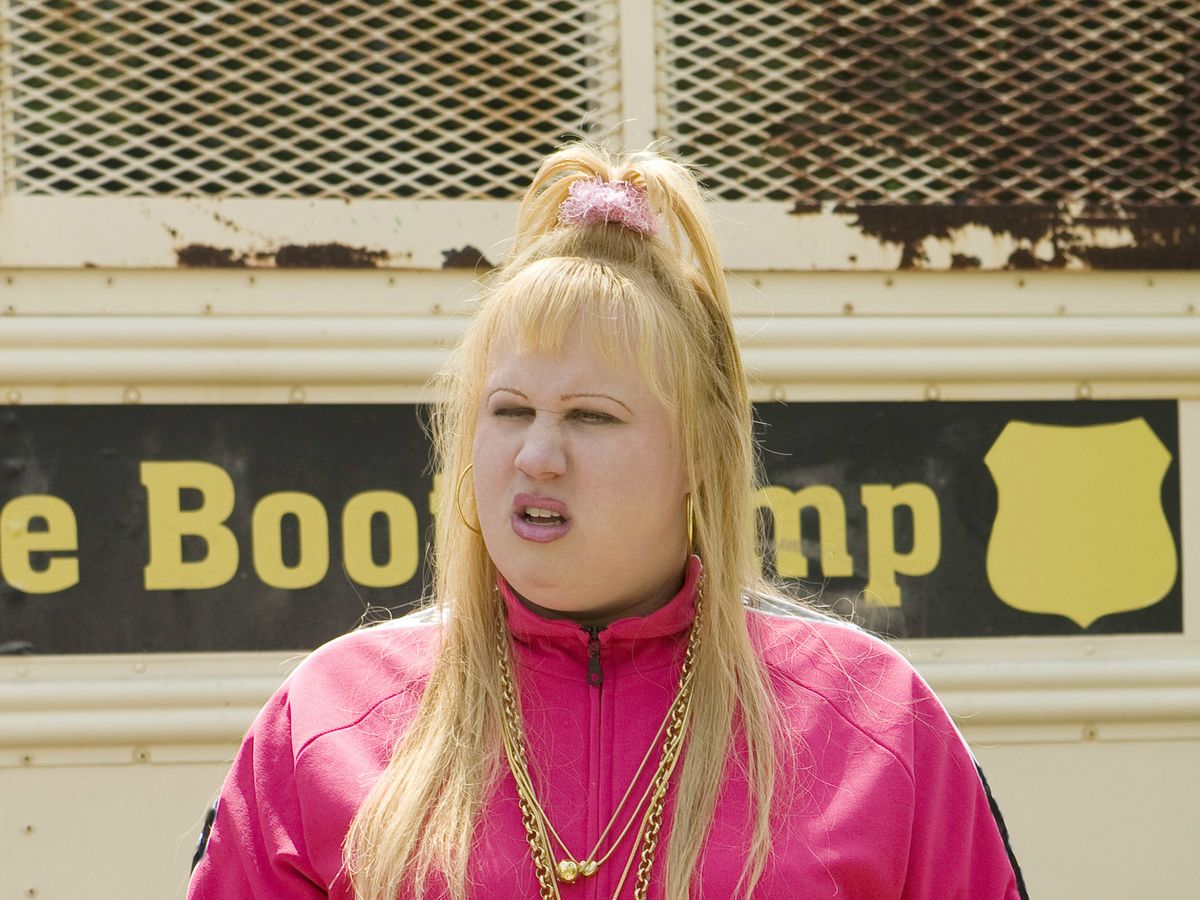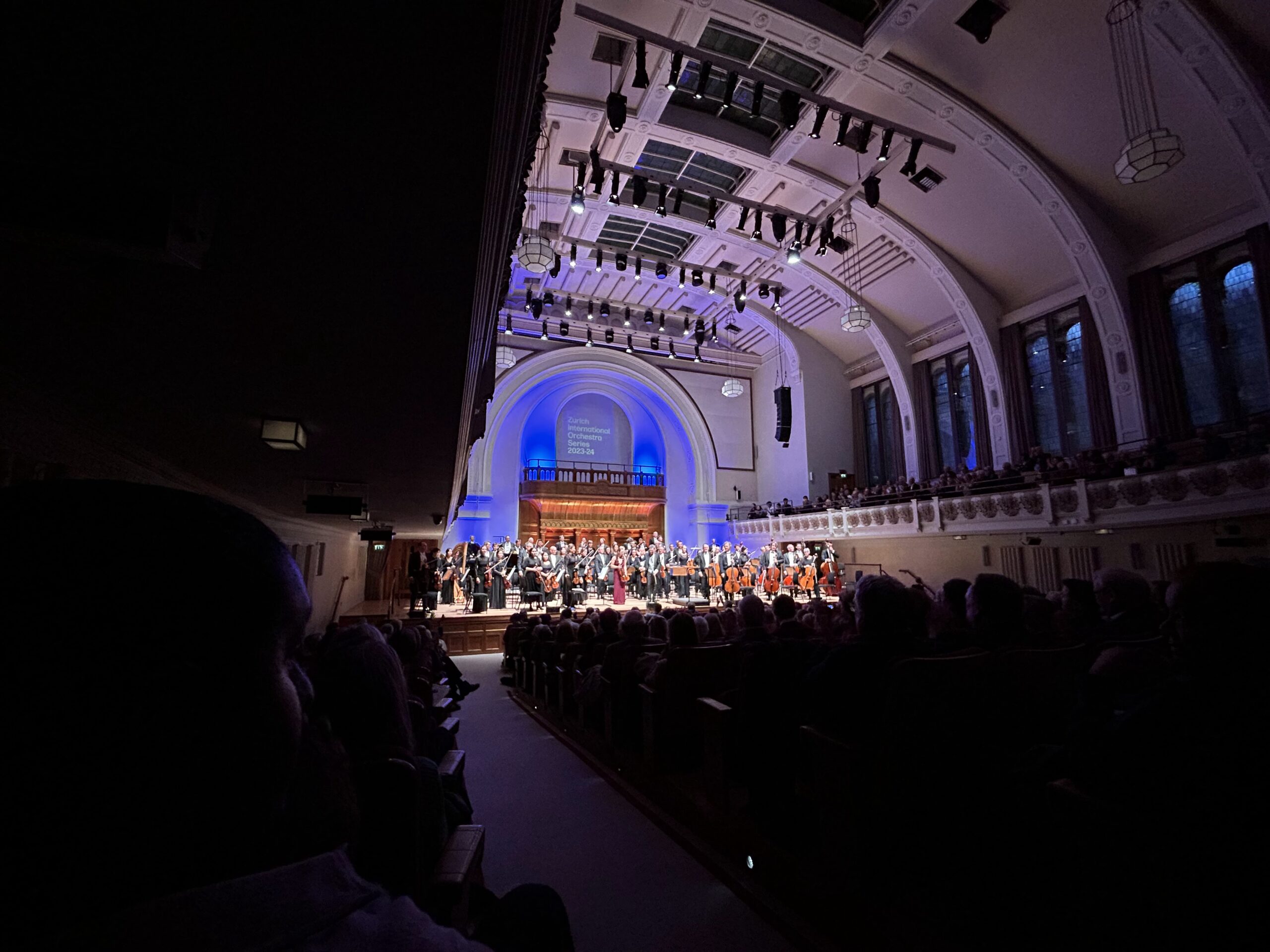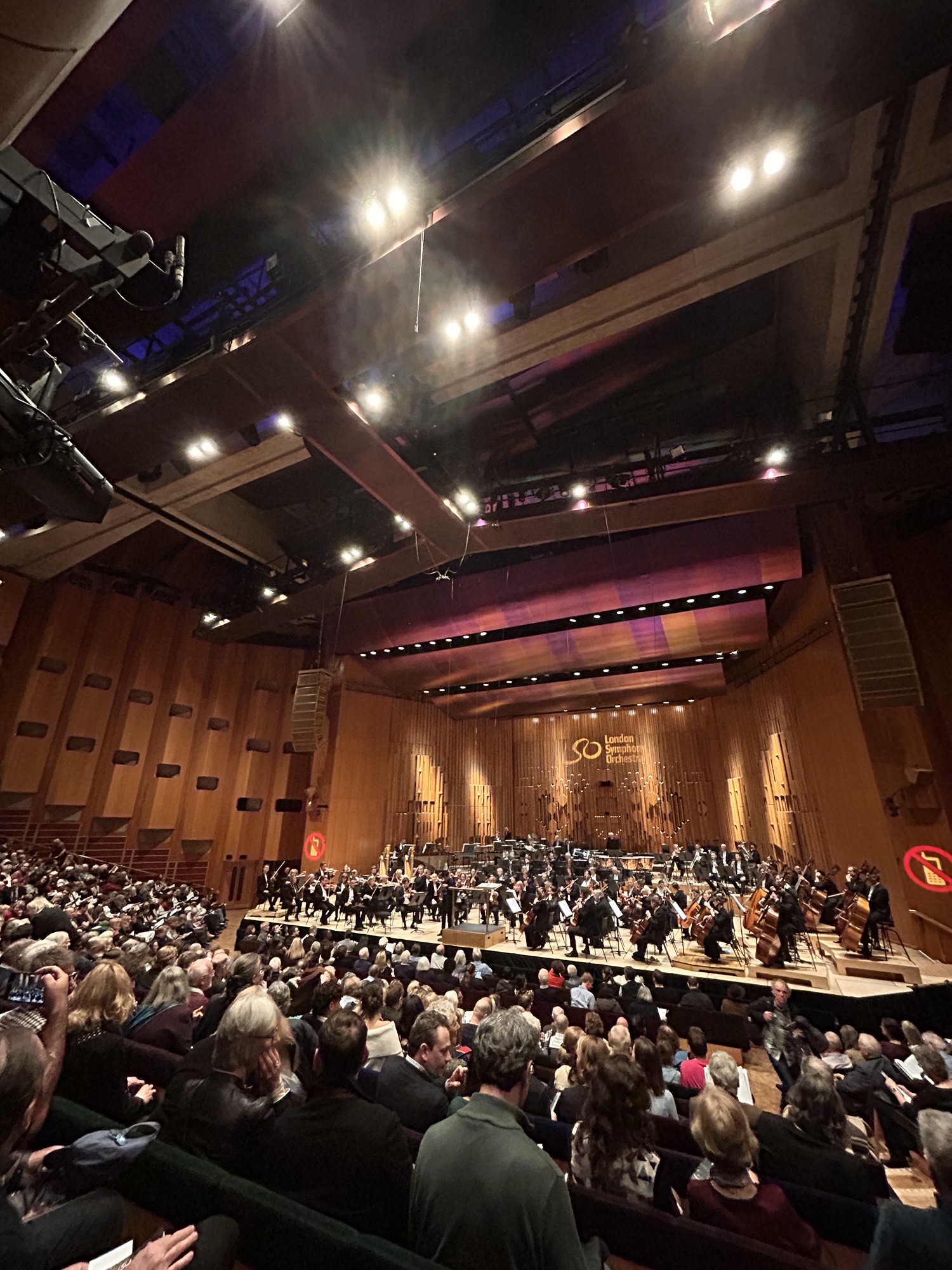I’ve been a little restless today. I haven’t been able to put my finger on why exactly. Not until now.
I’ve wanted to write (since watching last nights Proms gig with the LSO) but couldn’t. So I read instead (about Vaughan Williams and the British perception of music and landscapes). Then I read Gretchen Ruben says about what Rebels can do to meet their inner expectations (spoiler: the secret is self-deception). Then I started work on a database service I’ve wanted to provide musicians for a couple of years. Endless displacement activities. Open book stuff.
At the tail end of all of this I discovered I’d massively cocked up and failed to turn up for a Zoom interview by an hour. And after that I felt I was ‘able’ or at least ‘motivated’ to write.
Back to the LSO’s blistering performance last night. Hearing a concert (or seeing it on TV) is, it seems, only the beginning of the classical music experience for me now. Hearing something when I’m not able to be physically present in the same space means I’m dependent on the moment when the music has the most impact on me – the moment when the musical experience takes me by surprise. And if it has (and it did) then reflecting on how much and why is important. Until that point is reached it seems the concert isn’t ‘over’.
That’s weird. I know.
Or at least it marks a shift. Because up until this year writing about a concert was something that I felt I should do in order to demonstrate my presence at a concert retrospectively. A sort of personal responsibility to advocacy of the genre. Now, a year later, writing about a concert is something I have to do in order to make sense of it to myself. To arrive at a sort of closure.
Rattle and the LSO was one of the most remarkable pieces of television (and radio – I’m listening as I write this in the bath) I’ve seen in a long long time. There was a detail to the sound mix which brought an urgency, relevance and immediacy to say the Elgar Introduction and Allegro that I’d not heard before. Every instrument sang. There was more punch in the overall ensemble. And the content – emotionally – seemed not only to reflect the implicit visual narrative (a space in which us at home were denied access) but also provide a soundtrack for what has happened to the arts over the past six months, but hints at what might be lost if the ridiculousness of this situation is allowed to continue.
That kind of programming isn’t an accident I don’t think. It’s a measure of how COVID has brought about an opportunity to experiment with a different way of bringing concert programmes to life. Look at it this way: if I’d seen Elgar’s Introduction and Allegro, the first movement of Beethoven’s Moonlight Sonata, Adès, Kurtag, and Vaughan Williams fifth symphony I might well have overlooked it.
But when you’ve been starved of something you love (and when an artist has the opportunity to programme works in response to present constraints) then the resulting concert has the potential to respond more immediately. And it did. With devastating effect.
After a gritty and impassioned Elgar, Mitsuko Uchida performance of the first movement of Beethoven’s Moonlight Sonata was terrifying. Crushing, even. The pieces by Kurtag created a displaced feel to them. Ades’s Dawn was other worldly. Transcendental – just as perhaps he’d intended.
And the Vaughan Williams. I ended up crying a lot during the third movement. It was though something had been lanced. Someone or a group of people had come along and presented a playlist of music live performing to a perceived audience. They not only entertained, but spoke to us and sought to represent us all at the same time. And in doing so they reinforced precisely the thing that makes this art form so utterly indispensable. And so vital right now. Music as a series of statements that speak to, reflect back, an articulate the mood of a collection of people the players can’t see in the moment.
The eyebrow-raising element for some will be this. After all my crowing and complaining about TV at the Proms last year, it was TV that came good this year. Because without the audience, a boom camera had the most access to the stage – more than ever before. With no audience in the Hall, the audience at home was able to experience a potent narrative made possible by the sight of a vast interior, access to the edge of the stage, and an enviable range of wide angle lenses. The script wasn’t needed to compensate. The music was allowed to speak for itself.
Not every concert can be like this. Nor every concert will be. But if you’re looking for an illustration of why this art form isn’t just relevant but needed, here was an example.
Quite a remarkable evening.



